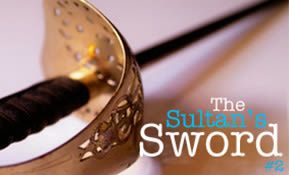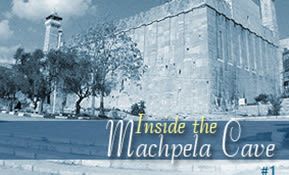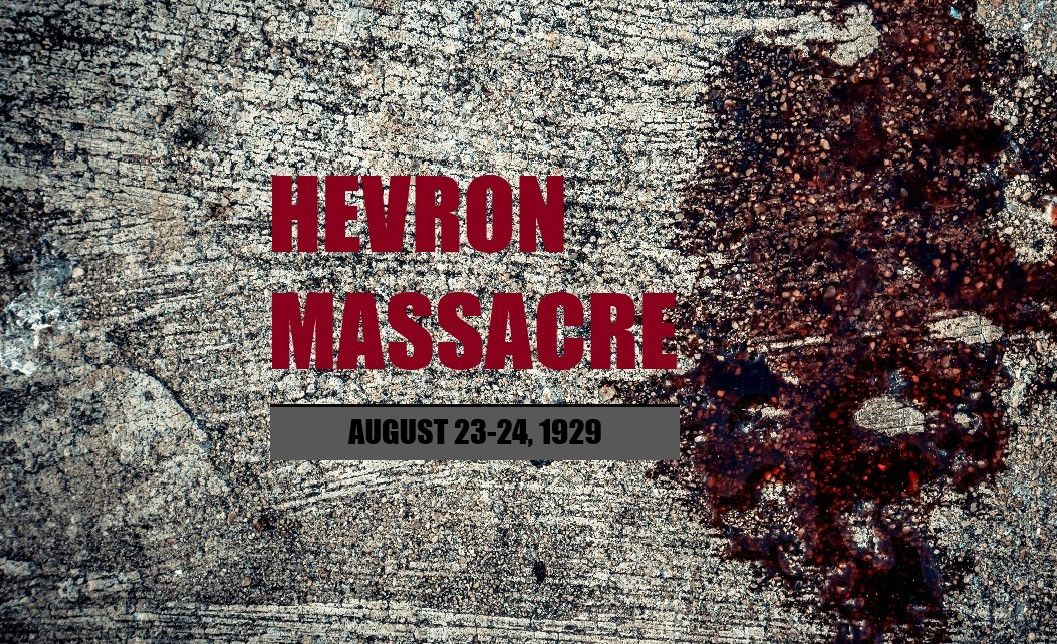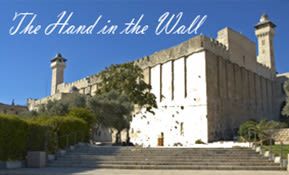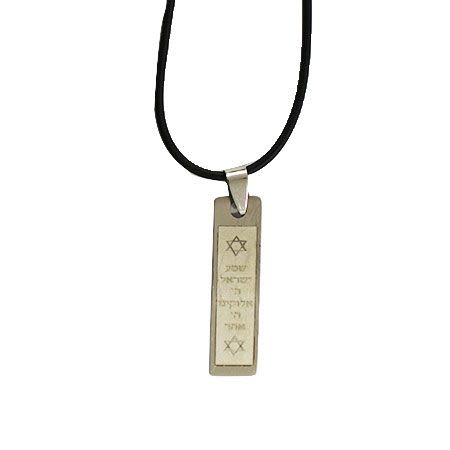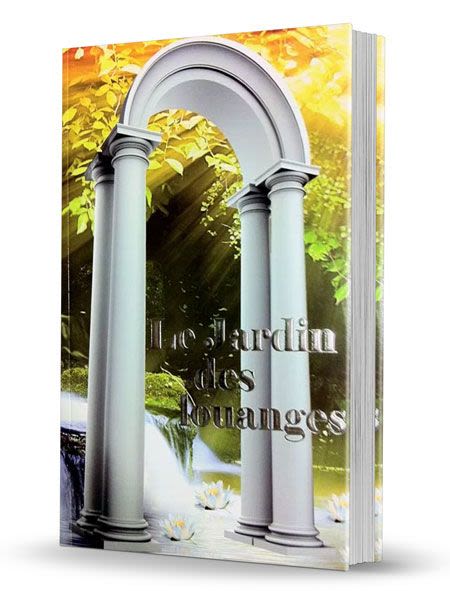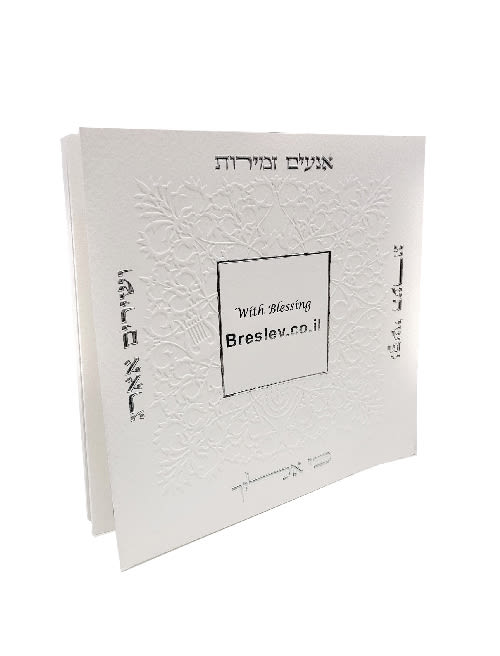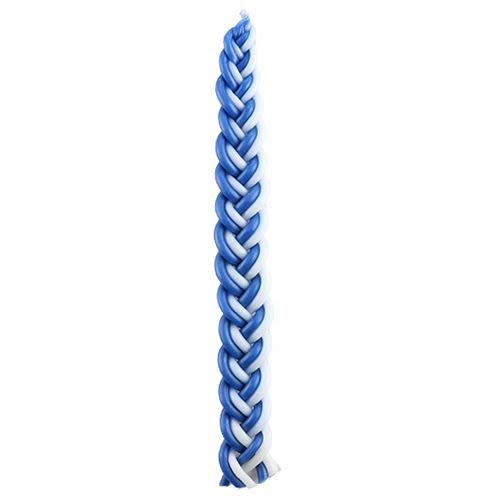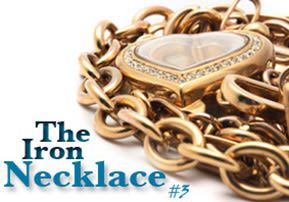
The Iron Necklace, Part 3
Why do Hevron brides wear iron chains around their neck? What can we do about a terrible drought in the Holy Land of milk and honey? Let’s ask the Elders of Hevron…

Hebron Series, part 3
The following are two true stories, tastes of the rich tradition of Hevron, one of the four holy cities in Judaism (Jerusalem, Tzfat, and Tiberias are the other three).
At a time when Jews had full control of the Cave of Machpelah, the Shamash was in charge of the keys to the gate. The Shamash’s name was Yitzhak and he was a poor widower. He had one daughter named Dina, a kind hearted and beautiful girl. The time came when Dina reached marriageable age and was betrothed to a fine young man.
Yitzhak worked hard to save money for his daughter’s wedding needs. He bought the trousseau and an assortment of finery for her wedding day. But, suddenly Yitzhak remembered that traditions of their community demanded he provide Dina with a gold necklace to wear at her wedding. However, he did not have enough money left to buy one. Yitzhak became very sad. This adornment was a great matter of pride among the women of the community and without the proper attire, poor girls had been know to cry for shame on their wedding days and some even ran away so as to avoid the shame. Yitzhak was beside himself about what to do. He didn’t tell Dina anything, for he did not want her to feel sadness earlier than she had to.
As the wedding day approached, one night Dina had a dream that she was standing at the gate of the Cave of Machpelah. There she was, holding the keys to the gate. A woman dressed in white came up to her. The woman had a face filled with light like the sun. The woman raised her hand and touched Dina’s hair. She said to Dina, “This big chain with these keys to this holy place should be your necklace at your wedding. This necklace holds 100 times more merit than any necklace of gold and jewels.”
Then, the women disappeared. Dina awoke and remembering her dream, she decided not to tell anyone about it.
The wedding day finally came and Yitzhak’s face was gray with dread about what would be. Dina’s friends came to help her get ready for the wedding. After Dina dressed in her wedding clothes, she called her father over, asking him if she could have a word with him alone. With a broad smile on her face, she said, “Father, please give me the keys to the Cave of Machpelah. They will be my wedding necklace. They have much more merit that any gold or jewels.”
Yitzhak was surprised and relieved. He ran to fetch the keys and gave them to his daughter. Wearing the iron chain with the keys of the Cave of Machpelah, Dina was radiant. People exclaimed the she was more beautiful with the necklace of iron than brides of the past with gold and jewels.
From that day, Hebron’s brides wore this special “necklace of Iron” instead of gold and jewels at their wedding.
* * *
THE CLOUDS, THE RAIN, AND THE WIND
There was a drought in the Land of Israel. Even after many the fasts and prayers, not one drop of rain fell. It became so severe that the Pasha sent for the Rabbis to pray for the rain. The Rabbis beseeched the Pasha, ”Let us enter the Machpelah Cave and rain will not tarry!”
The Pasha sent a message to the Chief Kadi in Damascus to send him the key and an authorization from the Sultan in Turkey. The Kadi thought that this permit procedure would take too long and soon winter would finish. So, in his wisdom, he sent the key without delay.
Ten Jews were appointed to enter the Cave. They entered and went down five steps and recited passages from the Torah. After they finished their prayers, they sent the Shamash to see if there were any clouds. He went and returned with a answer: ”The sun is shining as a summer day.” The Rabbis went down five more steps and recited more verses. They sent the Shamash again and he came back with the same answer. On the third try, the Shamash came back and was able to say: ”The sky is overcast and it is raining”.
They soon changed their prayer and began to pray for the coming of the Messiah. After just a few moments, a stormy wind rushed into the Cave and pushed the Rabbis out of it. Then they understood that it is not time to ask for the redemption. They returned to their homes, plowed the fields, sowed their seeds and G-d blessed them many fold.
***
Breslev Israel expresses its deep appreciation to Noam Arnon and to the Jewish Community of Hebron, http://www.hebron.com.



